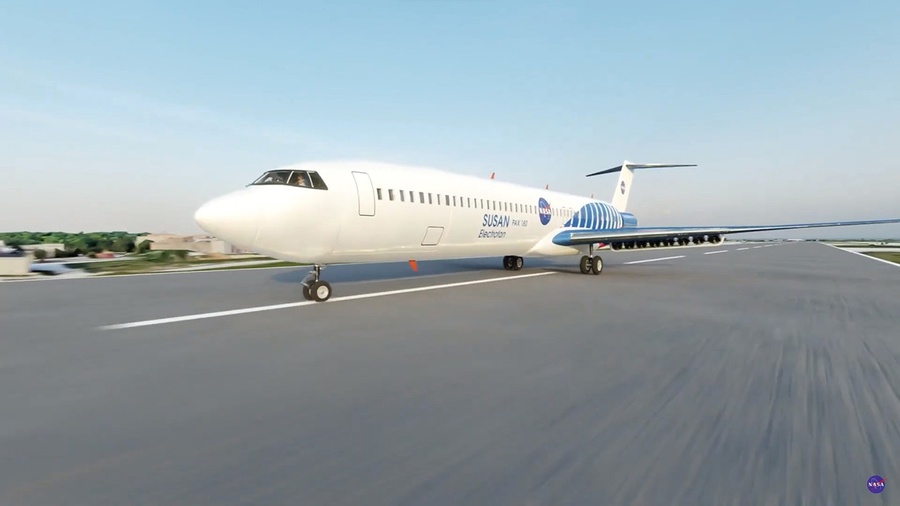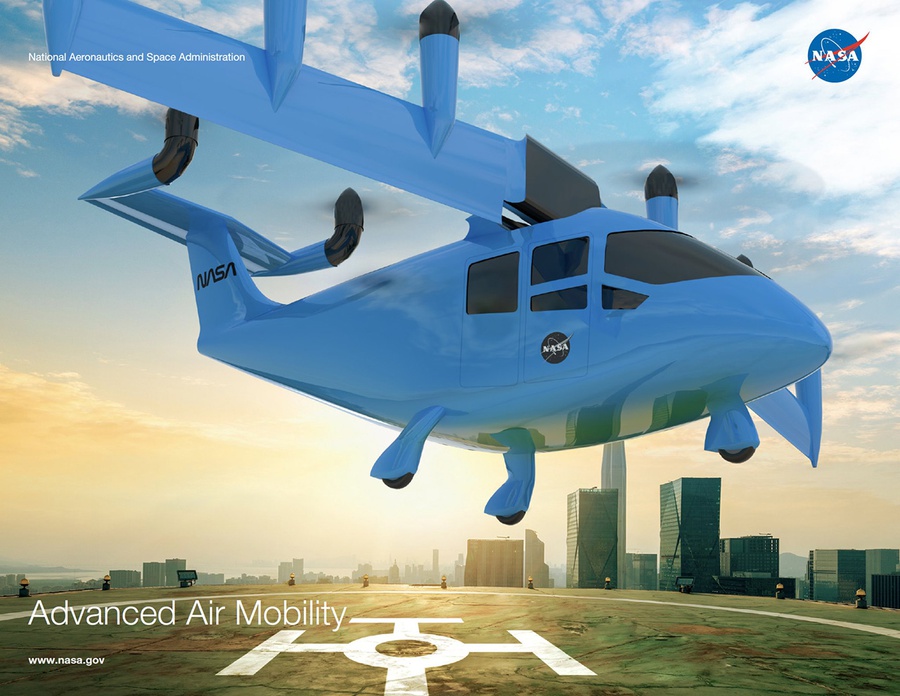Enter Solid-state Architecture Batteries for Enhanced Rechargeability and Safety (SABERS) research, already showing promising results. After extensive research, NASA's solid-state battery has accomplished a significant milestone: 500 Wh/kg energy density. This is nearly double what other EV batteries currently achieve, including Tesla's. For example, Tesla's 4680 cells boast an energy density of around 300 Wh/kg.
NASA's team used innovative packaging to create a battery that is much lighter than traditional batteries. SABERS' batteries stack cells on top of one another within one This is different from regular batteries, which have individual cells packaged separately. NASA eliminated the individual cell packaging to reduce battery weight by 30-40% and double the energy density.
The team also claims that its solid-state battery can withstand temperatures twice as high as current Li-Ion cells in electric vehicles. The aviation industry has much higher safety standards than automotive, so this is great news for them. NASA is currently testing the battery's performance in extreme temperatures and pressures to see how far they can push the limits of the technology.
The new battery technology is expected to have a significant impact on the field of electric aircraft, as well as NASA's Advanced Air Mobility project. NASA's SUbsonic Single Aft eNgine (SUSAN) team, which is focused on developing a hybrid-electric concept aircraft, has also shown interest in the new battery type.
Source: Autoevolution
.jpg)


